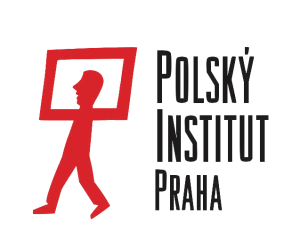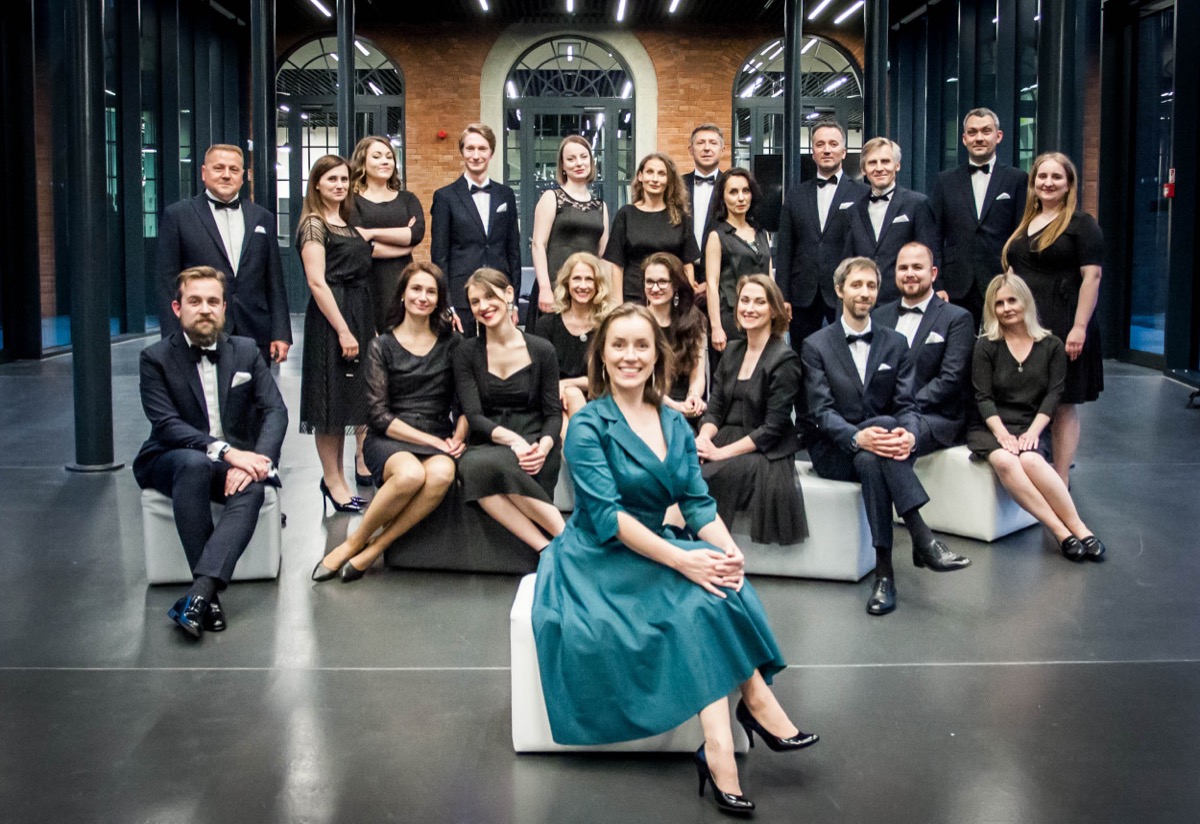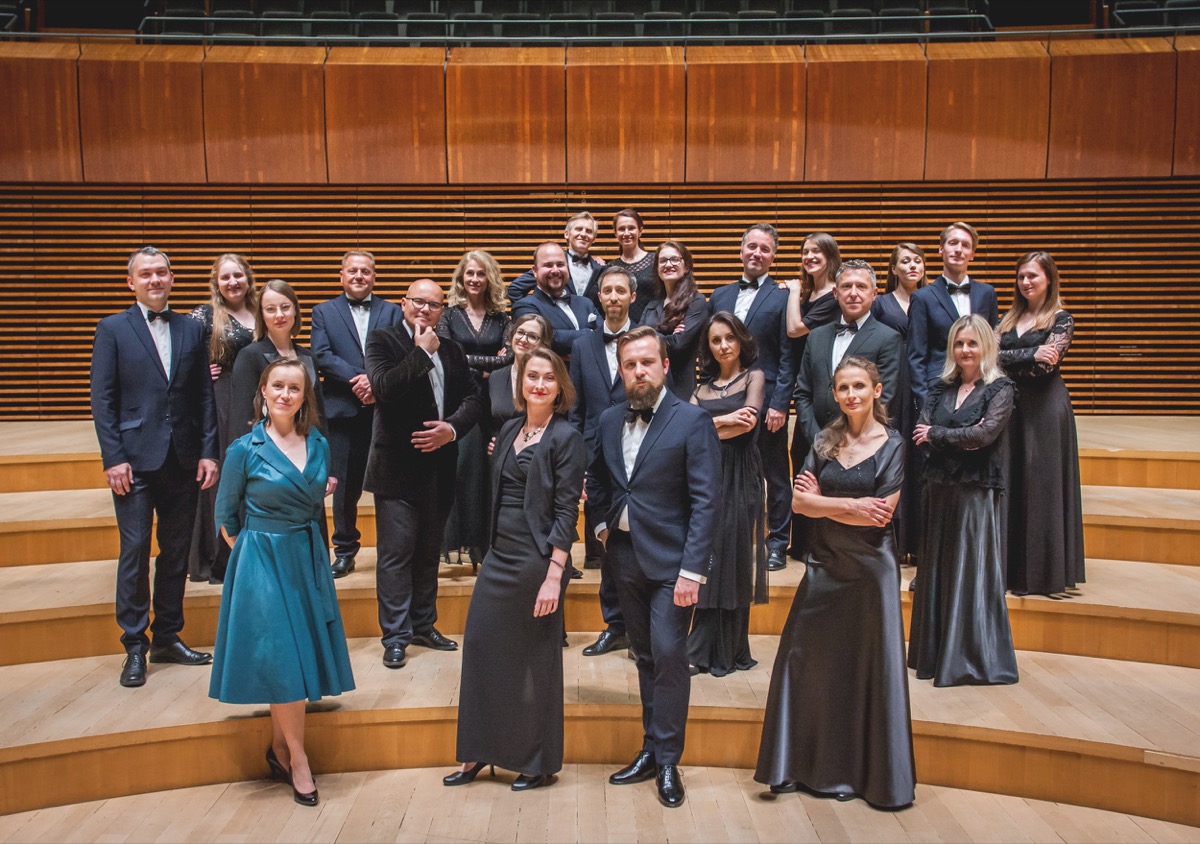TOTALLY YOURS
Supported by


Since its founding in 1948, the Polish Radio Choir – Lusławice has been one of Europe’s best vocal ensembles. They have premiered works by great figures of Polish music like Penderecki, Lutoslawski, and Górecki, and at the same time they devote themselves to the traditional repertoire. They are now coming to Prague led by their choirmaster Marie Piotrowska-Bogalecka to present a programme combining the music of Polish composers with works by Bohuslav Martinů and Martin Smolky. “This is an extremely vivid sounding group, singing with a wide dynamic range, well-balanced voices, and coherence of sound, and that is certainly due to Maria Piotrowska-Bogalecka,” wrote Bartosz Witkowski for the prestigious music journal Ruch Muzyczny.
Programme
- Krzysztof Penderecki: Song of Cherubim
- Krzysztof Penderecki: Agnus Dei
- Henryk Górecki: Totus tuus Op. 60
- Henryk Górecki: Kurpian Songs Op. 75 (selection)
- Stanisław Moryto: Kurpian Songs (selection)
- Roman Maciejewski: Kurpian Songs (selection)
- Martin Smolka: The Name Emmanuel (Czech premiere)
- Bohuslav Martinů: Czech Madrigals H 278 (selection)
Performers
- Polish Radio Choir – Lusławice
- Maria Bogalecka-Piotrowska – choirmaster
An icon of European music, Krzysztof Penderecki will be represented on the programme by two works, both of which he dedicated to important figures. He wrote the Song of the Cherubim as a birthday present for the Russian cellist Mstislav Rostropovich, who performed his music. Agnus Dei was composed in memory of Cardinal Stefan Wyszyński, a spiritual leader of the Polish opposition to the communist regime. Another Polish classic on the programme is a work dedicated to an important figure of spiritual life. The chorus Totus tuus was written by Henryk Mikołaj Górecki in 1987 for the occasion of the pilgrimage of Pope John Paul II to Poland. The Latin phrase meaning “Totally Yours” was taken by the first Slavic Pope as his own motto.
The programme now takes us to a Polish region called Kurpie, which has its own special cultural traditions including music. The region has inspired not only Górecki, but also the noteworthy composers Stanislaw Moryto and Roman Maciejewski.

Czech music may be represented by two composers. Bohuslav Martinů composed his Czech Madrigals in the oppressive atmosphere of 1939 in French exile in the village Vieux-Moulin north of Paris, where his wife Charlotte had grown up from the age of five. The composer did not live to see the work’s premiere. The Czech Madrigals were first heard after his death, sung by the Prague Madrigalists in 1965 in Prague.
Martin Smolka has written vocal compositions for such ensembles as the Bavarian Radio Choir, the SWR Vokalensemble Stuttgart, the Latvian Radio Choir, and the Czech choir Cappella Mariana. The composition The Name Emmanuel was written in 2017 for the Swedish Radio Choir. “The text consists of a few words borrowed from St Matthew’s Gospel in an English translation of the Bible,” says Smolka. “An angel of the Lord visits St Joseph in a dream with a prophecy of the birth of Jesus. The angel names Jesus with a quote from the prophet Isaiah: Emmanuel, which means God with us. Everything is wrapped up, like in a cocoon — the annunciation in St Joseph’s dream, Jesus in Isaiah, God’s protection in the name Emmanuel. Even the sound of the name Emmanuel is peculiarly muffled, as if rounded off.”








